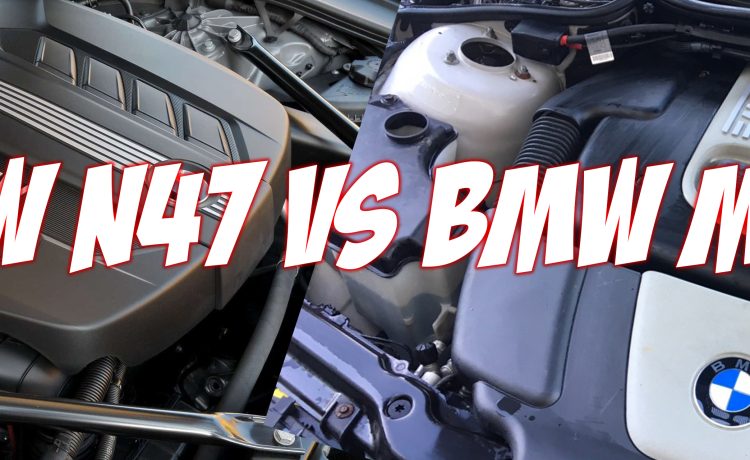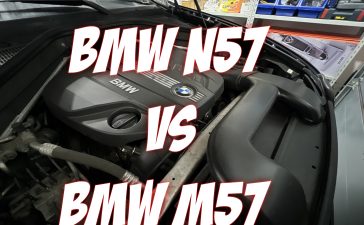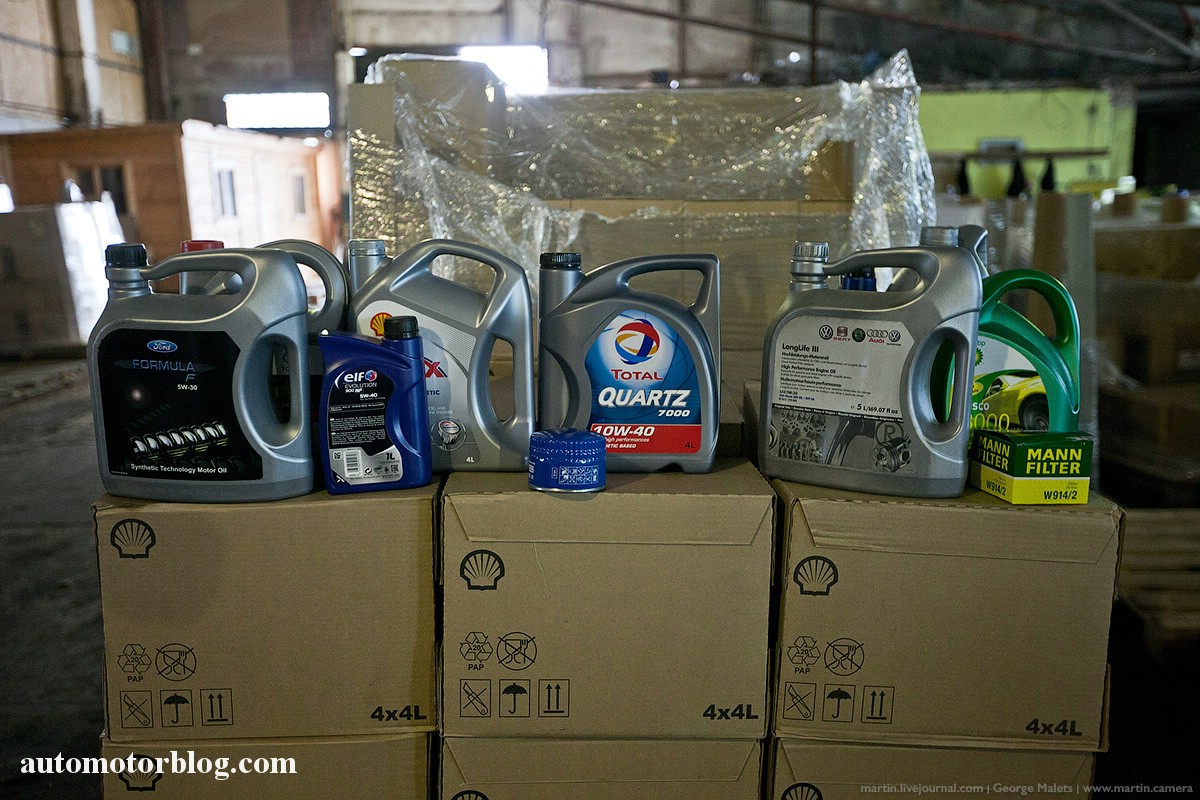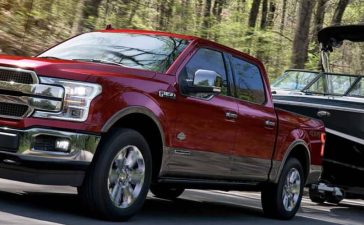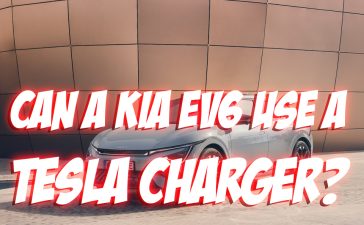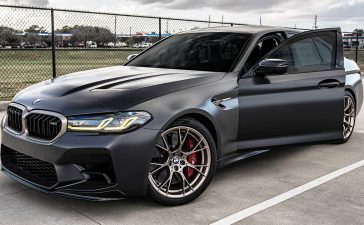To automotive enthusiasts, the question of which of the two engines is better is usually a comparison of the BMW N47 and M47 engines. Interpretation of the two engines can be rewarding, educating both concerning the advantages and disadvantages. This article intends to reverse through points such as the kind of block of an engine, typical problems, dependability, fuel economy, power, and so forth. Upon finishing this article, you will be able to determine which engine to go for when choosing your BMW vehicle.
Table of Contents

I own a 320d BMW 3 Series E46 with the M47 engine, and I want to tell you that it has over 500,000 km without any major intervention. The engine, the injectors, the turbocharger, and the timing chain, all are in perfect condition, and without any problems.
Do you realize how reliable the BMW M47 engine is? We cannot say this about the N47 engines because they are no longer reliable. They are more efficient and more performant, but some people choose cars that are reliable, without hassles and huge costs for repairs.
My opinion is that both engines are excellent, but if you do not want to invest a lot of money in your BMW, choose the M47 engine with a cast iron engine block, which is much more reliable… you will certainly not have any headaches on the mechanical side of the engine!! If, on the other hand, you don’t have headaches with the money and want to invest in the car, you can also choose the N47 engine, which is more efficient, and more economical, but more expensive to maintain. It’s up to your choice. 🙂
Engine Block Differences

The BMW N47 and M47 engines are in a way dissimilar in structure, this is the transition from a dense cast iron engine block (M47) to an aluminum engine block (N47). The M47 is a turbocharged car engine whose displacement is 2.0 liters and the N47, which is also a turbocharged car engine, has a displacement range of 1.5 to 2.0 liters. The N47 engine incorporates BMW’s VALVETRONIC which enhances the functionality of the engine in terms of power output, fuel efficiency, and exhaust emission. This sounds very well, but who cares about these if the reliability is very poor? I prefer solid and reliable engines and not those that break my pocket.
BMW N47 Engine
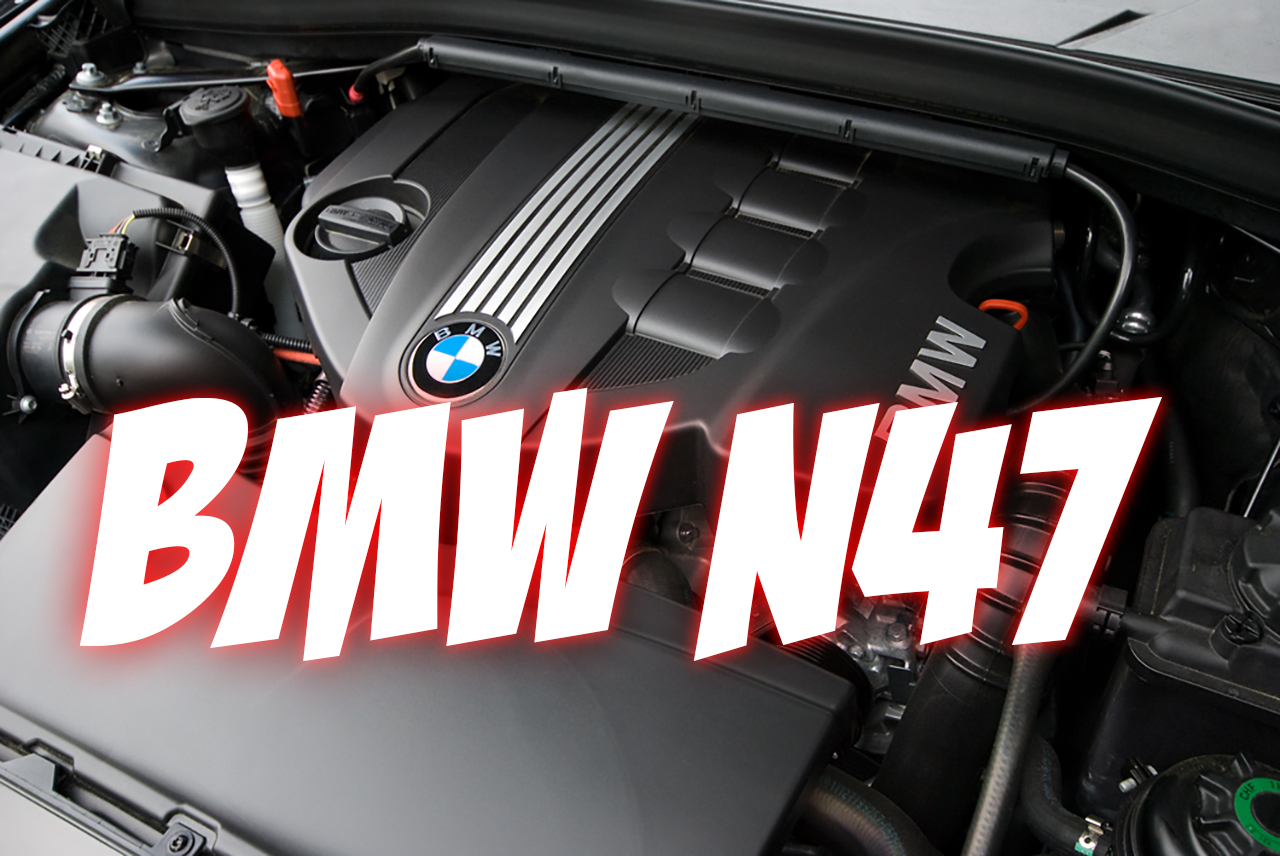
The BMW N47 engine has a more efficient fuel injection system known as the High Precision Injection technology. This technology acts as a remedy for emissions and optimization of fuel use. The N47 engine has an aluminum alloy engine block, which makes the overall weight of the automobile lighter, thus enhancing the car’s performance. However, some disadvantages connected with this engine are the increased engine compartment temperature and oil consumption.
BMW M47 Engine
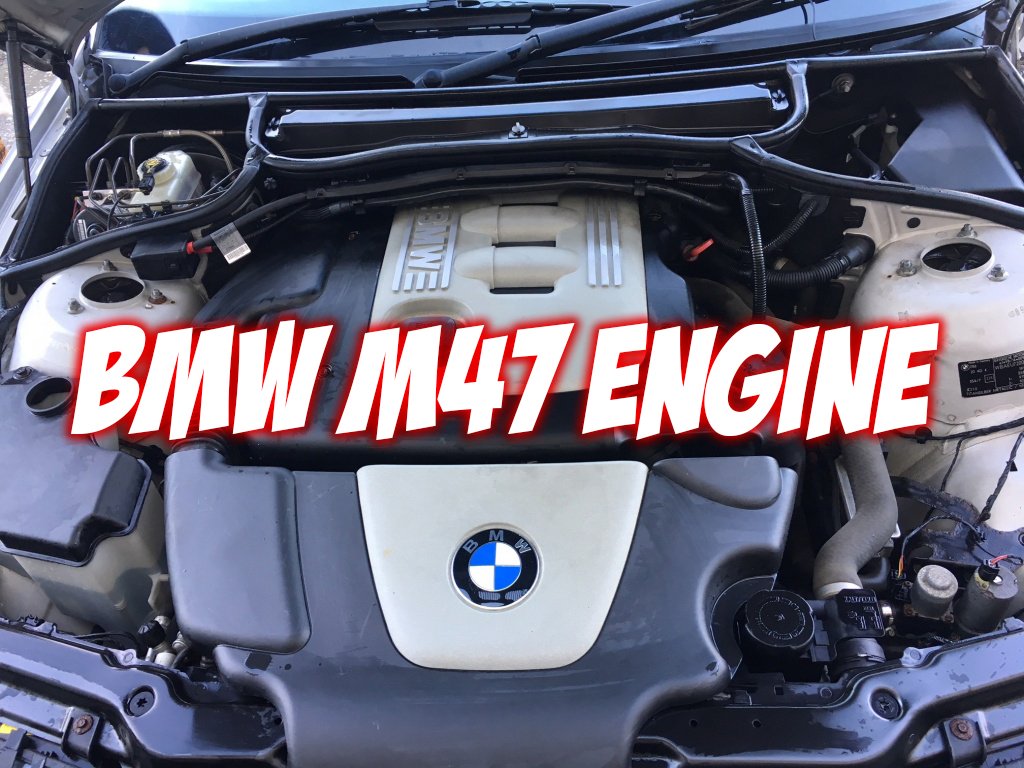
In contrast, the BMW M47 is also a turbocharged engine type that has a capacity of 2.0 liters. The materials used in the construction of the M47 engine block are dense cast iron that is heavier, power output is low, and hence not fuel-efficient like the N47 engine. On the other hand, some benefits of the M47 engine include a lower temperature in the engine compartment; also, since the engine is less complex, it is unlikely to develop complicated technical problems.
Common Issues
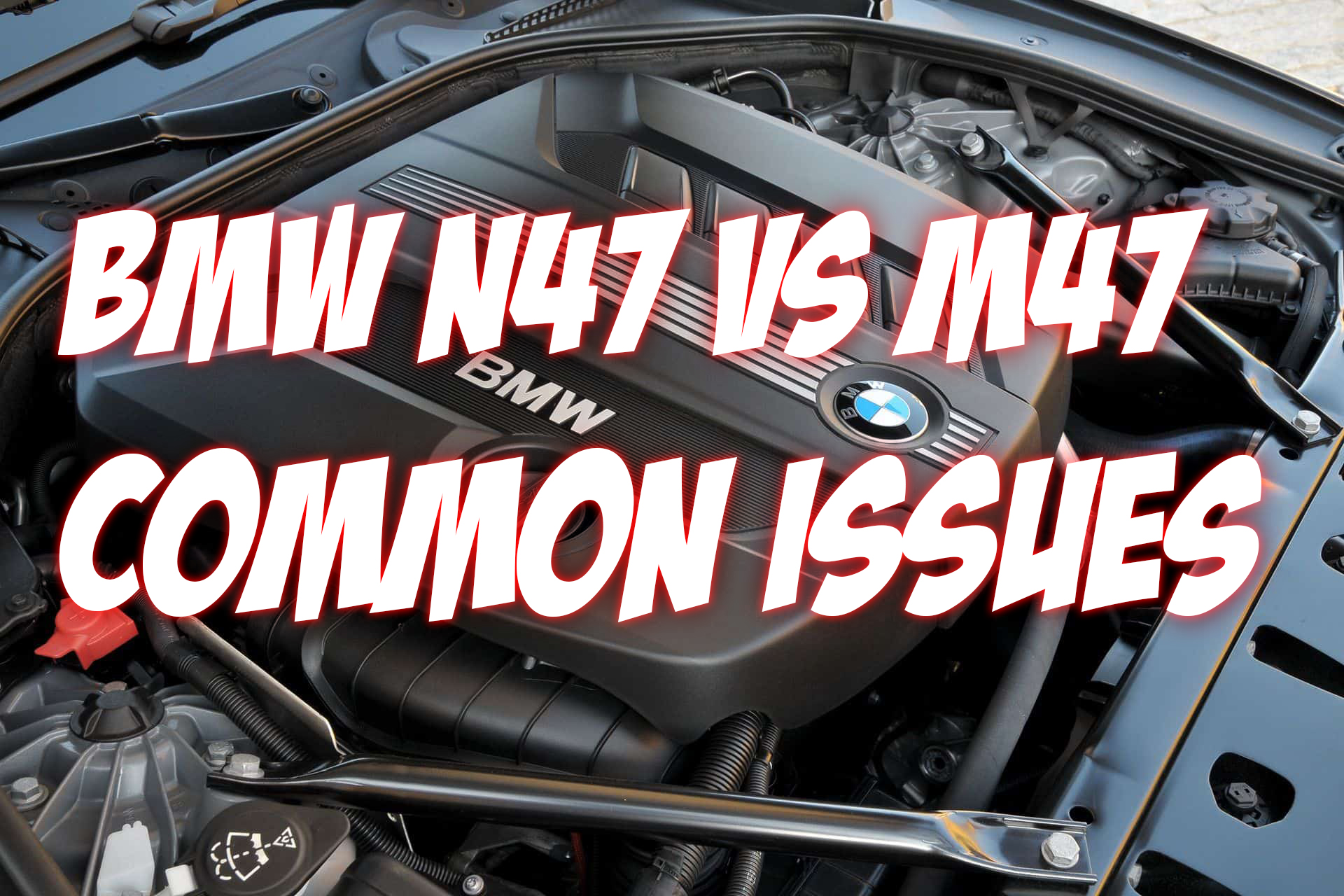
From the times of production, both the N47 and M47 engines have not been free from small problems here and there. As far as the N47 engine is concerned, there have been complaints about oil consumption and, therefore, the engine burns too much oil. Two of the most frequent problems are the malfunction of the turbocharger, and timing chain breaks, and its repair is quite costly.
As for the M47 engine, some of the problems have been identified to be related to the cooling system, thus possibly causing overheating of the engine. Overall, the M47 engine is a more reliable engine than the N47, without big issues and with low maintenance costs.
Reliability in the Long Run
In terms of reliability, the N47 and M47 share advantages and disadvantages, as will be discussed below. The N47 sometimes proves to be a technically important engine that requires considerable care if not maintained properly; the M47, on the other hand, is a less technical engine, therefore it does not offer the fuel efficiency that the N47 does. Instead of that, the M47 engine is deemed to be longer-lasting because it has fewer components and parts that are more prone to wear out over time.
Fuel Efficiency
The N47 engine is said to consume less fuel than the M47 engine because it is turbocharged as well as equipped with a better fuel injection system. BMW said the N47 engine delivers up to 20 percent better fuel consumption than the M47 engine. This, in combination with reduced emissions, makes the N47 engine a better choice from an environmental point of view.
The N47: better fuel consumption, reduced emissions, high maintenance costs in the long run
and the M47: higher fuel consumption, higher emissions, BUT BETTER RELIABILITY, and lower maintenance costs in the long run
Performance
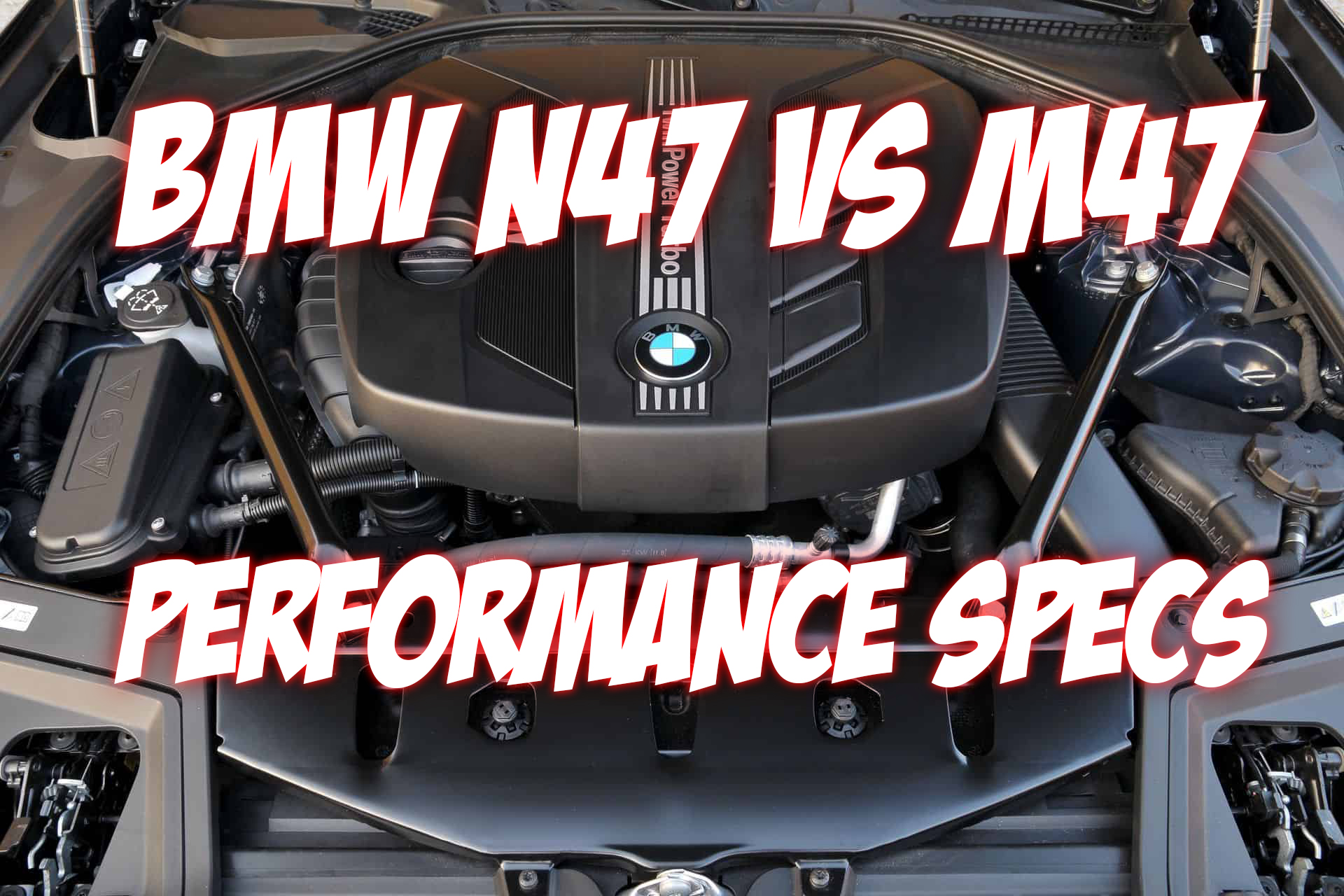
Nonetheless, it is also worth noting that, strictly in terms of performance, the N47 engine has it over the M47 engine. The N47 also has a turbocharging ability that enables it to deliver more power and torque than the M47, thereby launching it to higher acceleration and overall performance. Also, by utilizing the N47 engine, the model offers enhanced throttle control and enhanced fuel level efficiency, which will make the vehicle more attractive to all types of consumers, especially the ones who are into high-performance vehicles.
BMW N47 Engine Performance
| Power output | 70–160 kW (94–215 hp) |
|---|---|
| Torque output | 235–450 N⋅m (173–332 lb⋅ft) |
BMW M47 Engine Performance
| Power output | 85–120 kW (114–161 hp) |
|---|---|
| Torque output | 265–340 N⋅m (195–251 lb⋅ft) |
Conclusion
Altogether, concerning the strengths and weaknesses of the BMW N47 and M47 engines, it is also possible to conclude the same. The N47 engine has higher efficiency, power, and better emissions, but it entices some complicated technical problems and higher temperatures in the engine compartment. The M47 engine, although in relative terms more reliable and easier on servicing facilities, is less efficient and produces less power than the N47.
In the final analysis, it could be said, that which of the two brands of engines, the N47 or M47, is better than the other depending on the individual driver and the scale being created by this ‘betterment.’ If fuel economy and power output are of the most importance, the N47 engine is preferable. If you are a fan of the M47 plain and classic design with a focus on reliability, then you will not go wrong with an M47 engine. In conclusion, it is always better to analyze and come up with a critical evaluation of the available choices before coming up with a decision.
Which one do you prefer? The BMW N47 engine or the more reliable one, the M47? Let us know your preference in the comments below.


